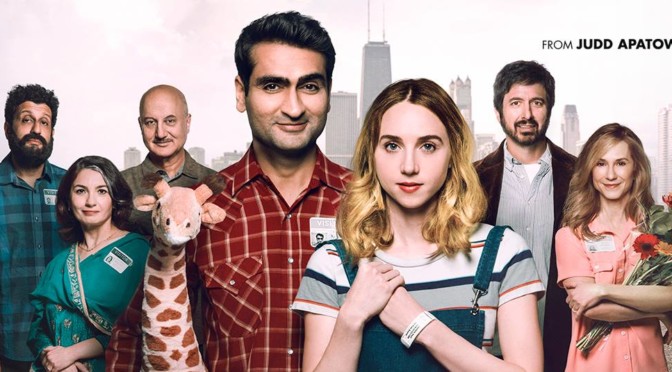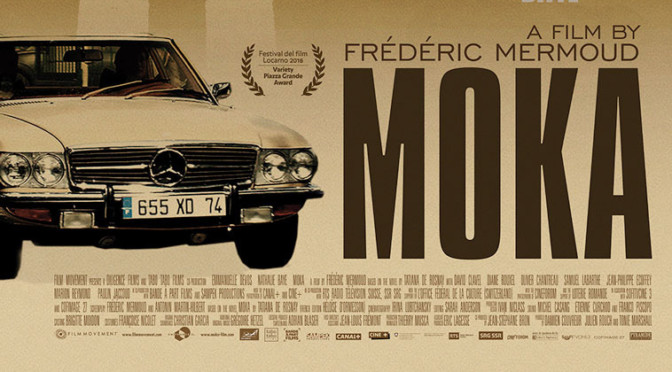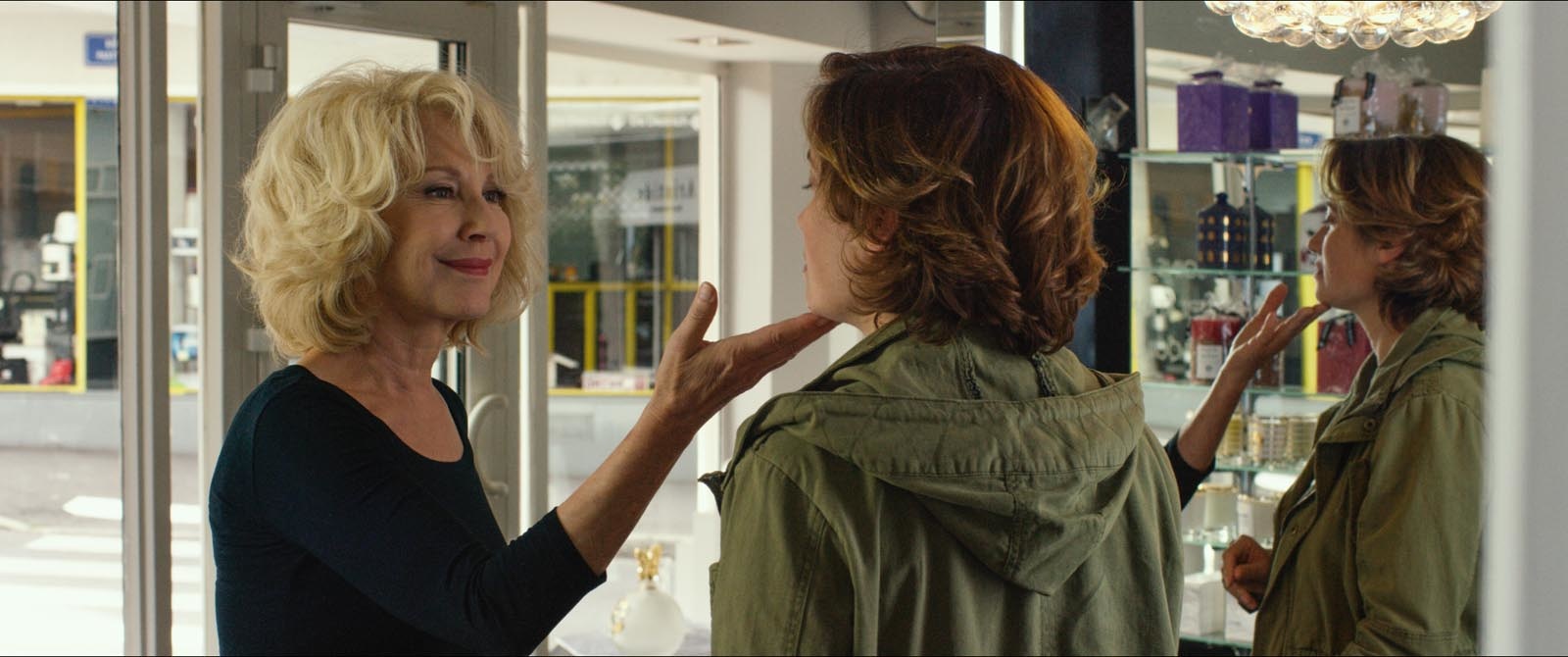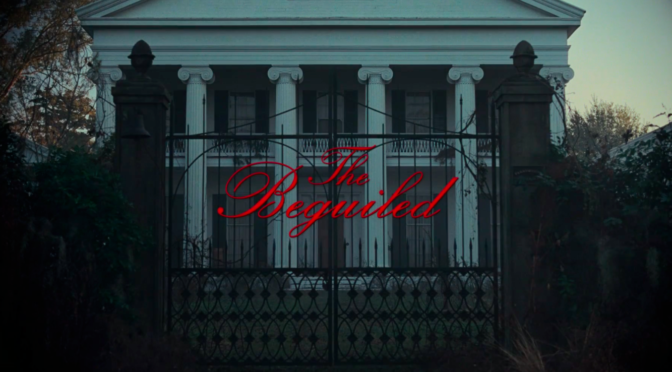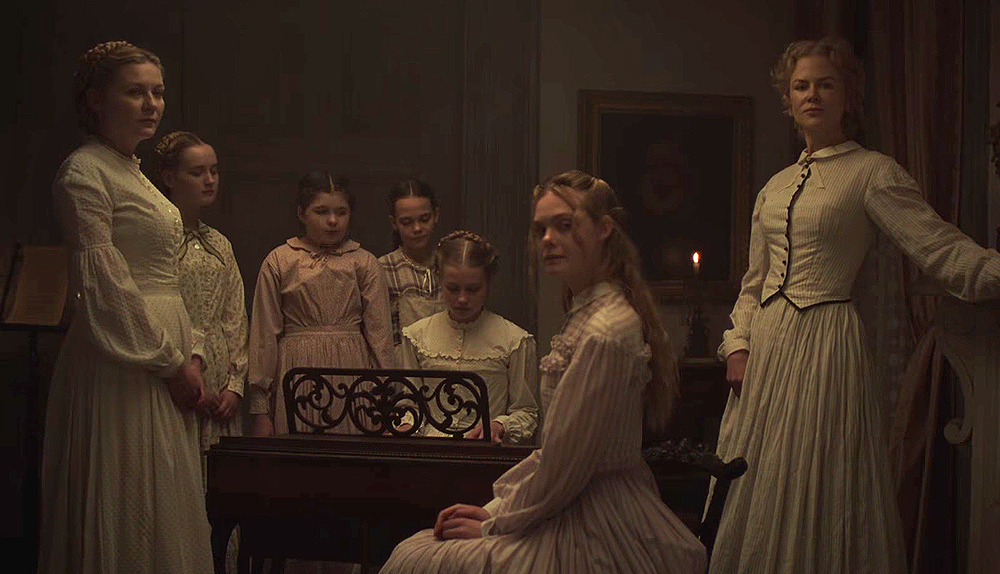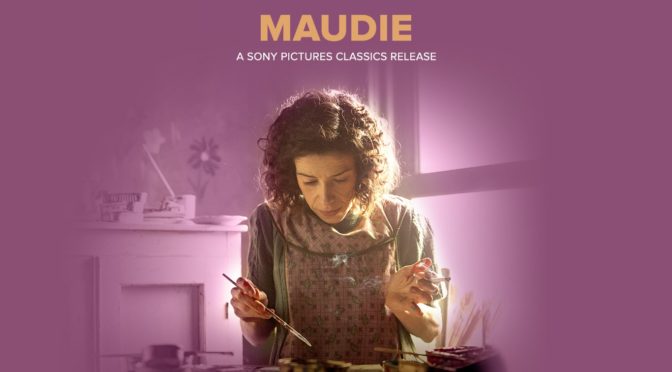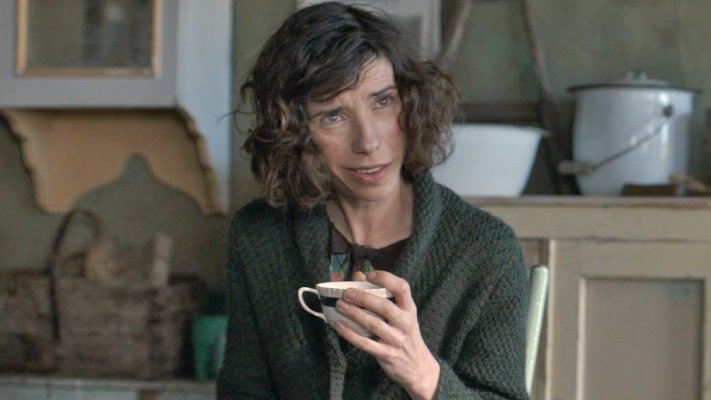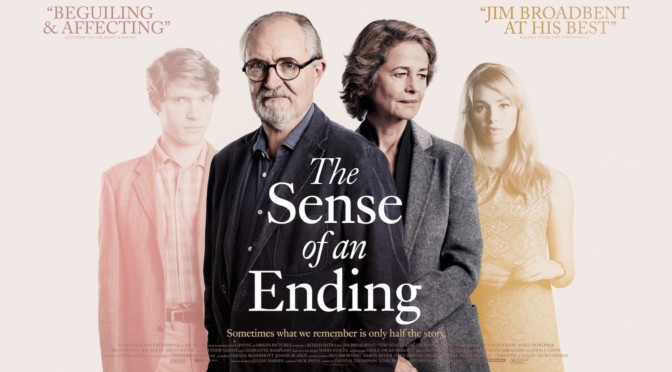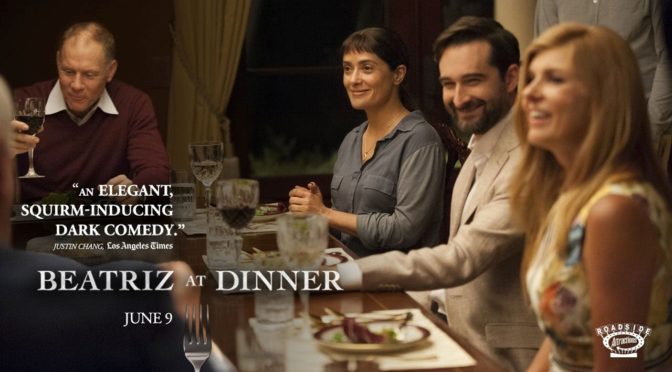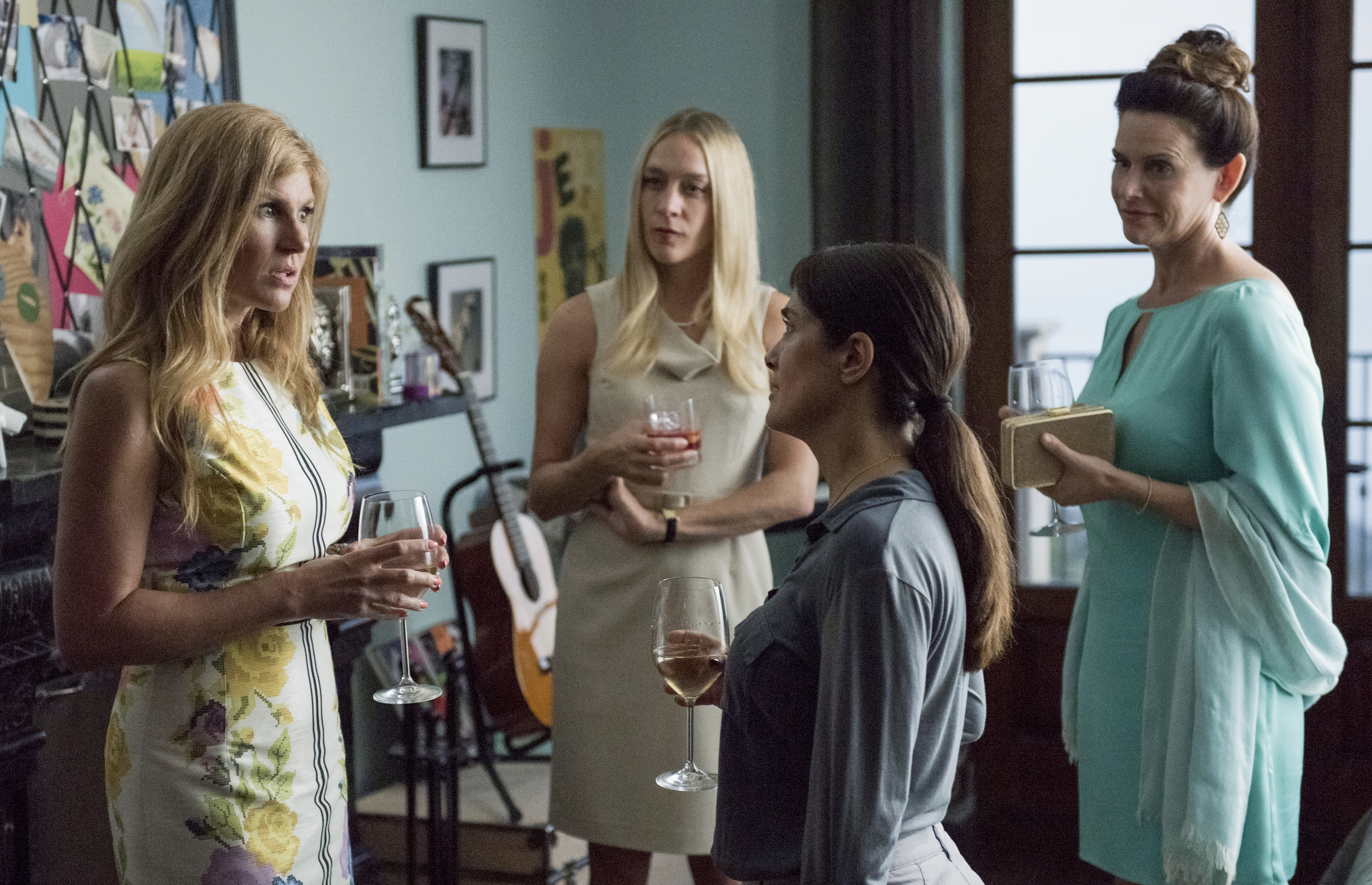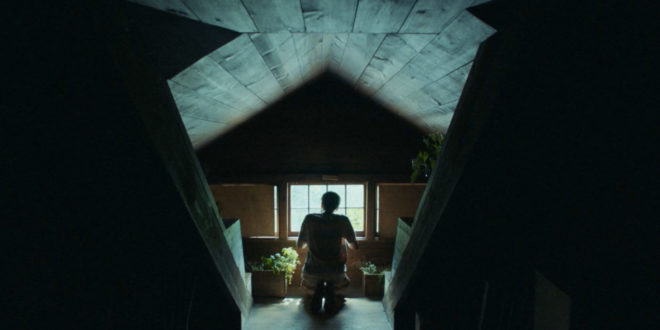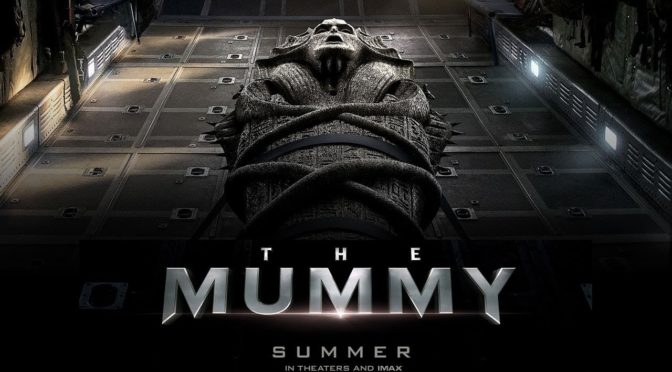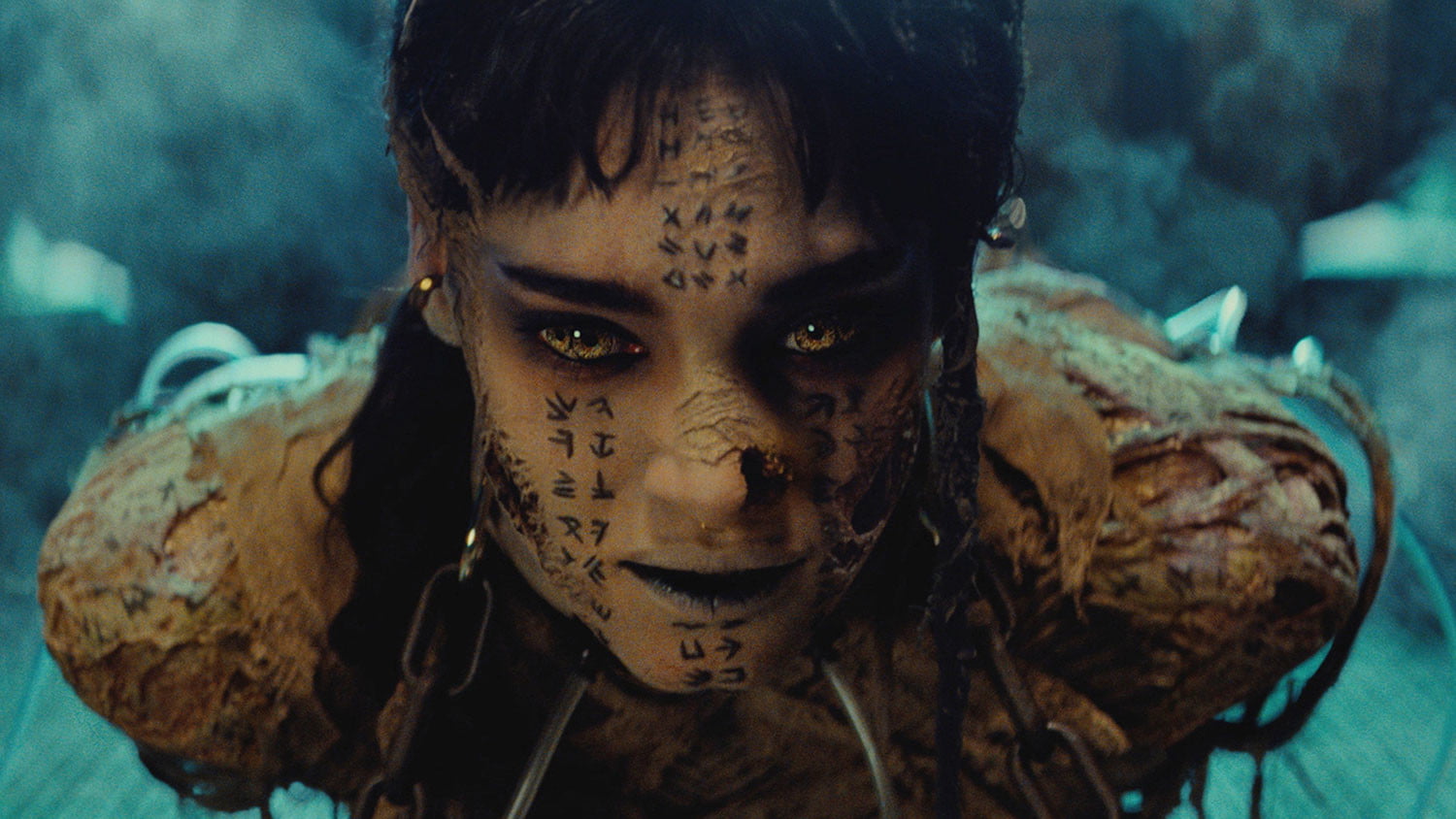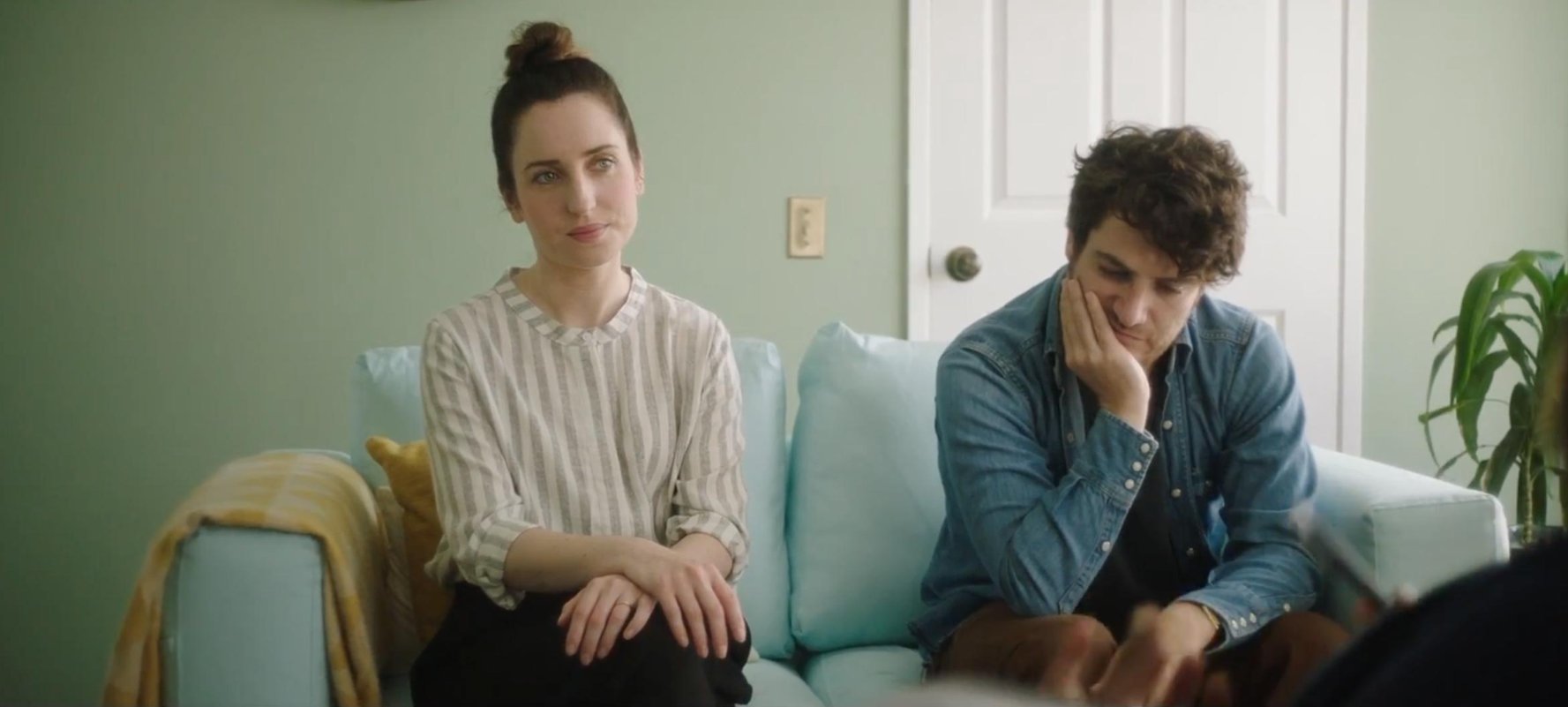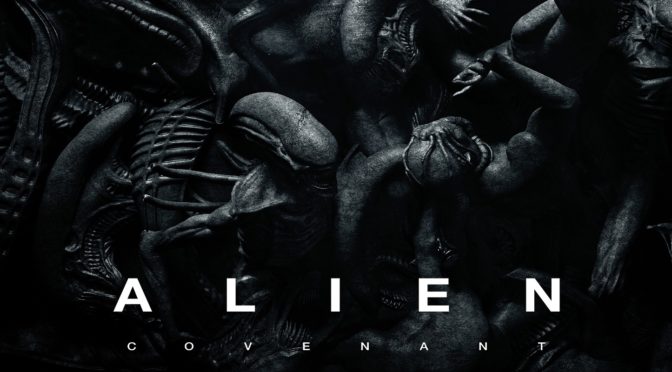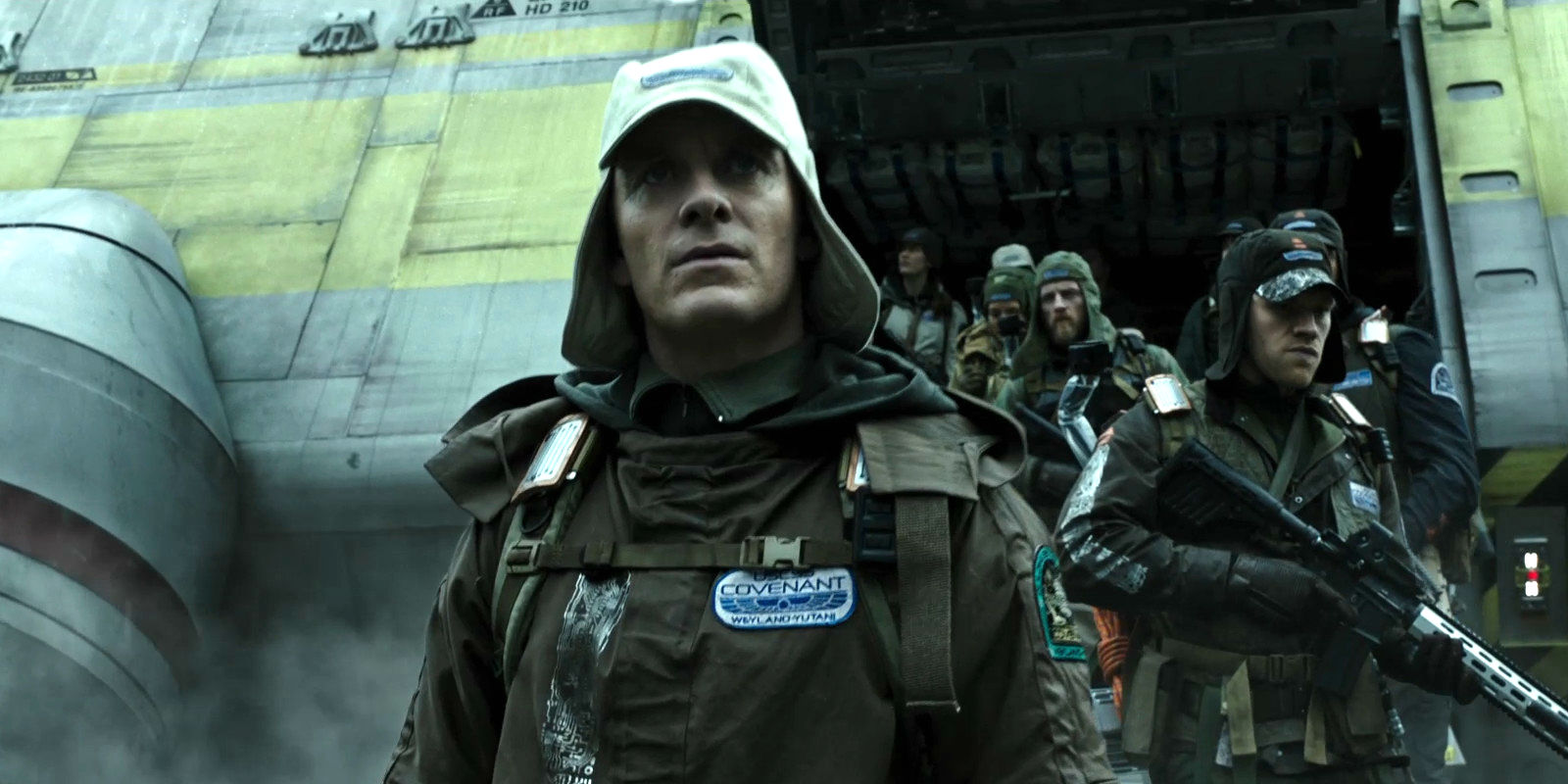Earlier this year Get Out was described as a horror/thriller take on Guess Who’s Coming to Dinner, but The Big Sick might be a more apt comparison. Written by Emily V. Gordon and Kumail Nanjiani (Silicon Valley) and based on their real courtship, The Big Sick is about an interracial relationship between Emily (Zoe Kazan; Ruby Sparks) and Kumail (playing himself). Their coupling starts off as a one night stand, but as it develops into a long-term relationship the differences in their backgrounds become apparent. Kumail is from a Pakistani Muslim family and Emily is a White American. His family believes in arranged marriages and is actively trying to set him up with potential brides. Because of their traditional beliefs, Kumail chooses to hide his relationship with Emily from them which leads to a falling out. Later when Emily is diagnosed with a serious infection, Kumail is forced to re-evaluate his feelings and meet Emily’s parents.
While many of the details about the potential difficulties of interracial relationships ring true, the social commentary aspect of the film is in conflict with its romantic comedy aspirations. The script lampoons the extended families, particularly Nanjiani’s, but doesn’t ever examine their perspective. That is not to say that their orthodox, often antiquated, ideas are correct or should be supported, but rather that they deserve to be understood. Instead, the film treats Nanjiani’s family like cartoonish villains that are played for comedy. They are painted in the broadest strokes. Perhaps that is to be expected of a Judd Apatow production, but my hope was its autobiographical nature would elevate the writing. The script never allows them to develop into multidimensional characters and in doing so is disrespectful to their culture and the themes the film claims to be interested in.
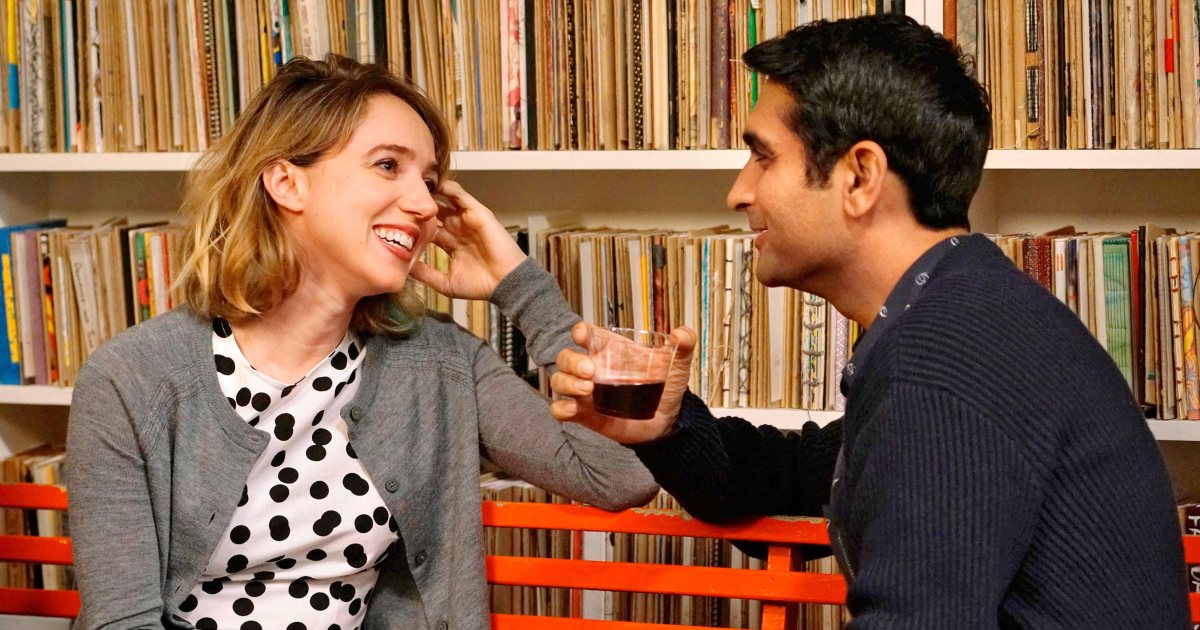
Not all interracial relationships are the same. The couple depicted here isn’t facing the same difficulties that a Black American and a White American would face when dating. This is about problems caused by intercultural relationships. There are different expectations and different goals for each culture, but none of that nuance is ever featured in The Big Sick. Like mediocre standup comics, Nanjiani and Gordon are more interested in using cultural differences as punchlines than offering anything beyond surface-level observations.
Contrast this with the great documentary Meet the Patels. It also tackled the complex issues faced by the children of immigrants merging their family’s culture with the one they encounter every day. It was equally, and often more, funny but also sought to actually understand each viewpoint and the disconnect between generations. It showed that, while restrictive, these rules being imposed were done with good intentions and from a place of love. The difference was that their affection was being filtered through a completely different set of cultural norms and the film even explored what it can take to bridge the gap between disparate cultures.
The Big Sick lacks most of that depth. Nanjiani’s family is shown as backwards and while Gordon’s family has some growth as they come to accept Nanjiani, the script doesn’t effectively evaluate the beliefs or assumptions that created their initial stances. It is more interested in exaggerating awkward moments for fairly simple, obvious jokes. The humor is sometimes successful, but is typically limited to surface-level observations. By choosing to be a safe rom-com featuring an interracial relationship rather than a bold rom-com about interracial relationships, Nanjiani and Gordon’s film produces some laughs but fails at providing real insights into the situation at hand.

2/5 stars.
